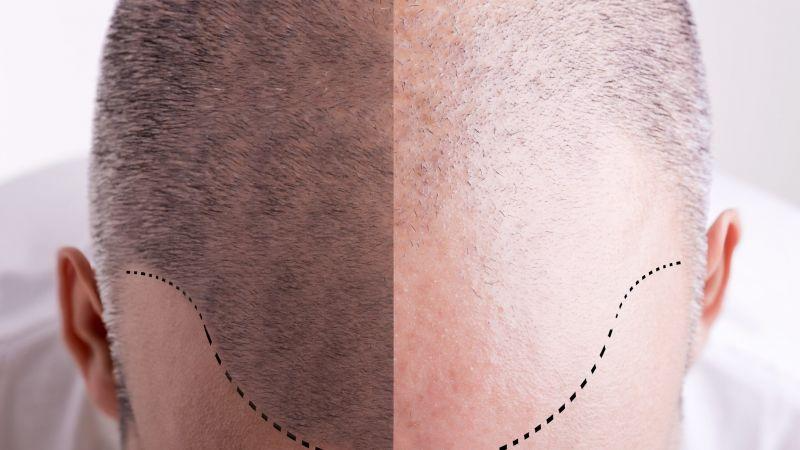Gastric sleeve surgery, a popular bariatric procedure, has helped countless individuals achieve significant weight loss and improve their overall health. However, maintaining weight loss and managing related health conditions can sometimes require additional support. One such support option is Ozempic, a medication primarily used to manage type 2 diabetes. But, can you use Ozempic after gastric sleeve surgery? Let’s delve into the details.
Understanding Gastric Sleeve Surgery
Gastric sleeve surgery, or sleeve gastrectomy, involves removing a large portion of the stomach, leaving a banana-shaped “sleeve.” This procedure reduces the stomach’s capacity, leading to reduced food intake and promoting weight loss. It also affects hunger hormones, helping individuals feel fuller with less food.
What is Ozempic?
Ozempic (semaglutide) is a GLP-1 receptor agonist used to improve blood sugar control in adults with type 2 diabetes. It mimics the hormone GLP-1, which increases insulin secretion, decreases glucagon release, and slows gastric emptying. Recently, Ozempic has also been recognized for its potential in aiding weight loss.
Combining Ozempic with Gastric Sleeve Surgery
After gastric sleeve surgery, patients often continue to work with healthcare providers to manage weight and any related health conditions. For some, incorporating Ozempic may be beneficial. Here’s why:
- Enhanced Weight Loss: Ozempic can complement the weight loss achieved through gastric sleeve surgery. By slowing gastric emptying and reducing appetite, it can help maintain and even enhance weight loss post-surgery.
- Blood Sugar Control: Many individuals undergoing bariatric surgery have type 2 diabetes. Ozempic can help manage blood sugar levels more effectively in these patients, providing an additional tool in diabetes management.
- Cardiovascular Benefits: Ozempic has shown cardiovascular benefits, including reduced risk of major adverse cardiovascular events. This can be particularly advantageous for post-bariatric surgery patients with a history of cardiovascular disease.
Safety Considerations
While Ozempic offers several benefits, it’s crucial to consider potential safety concerns and discuss them with your healthcare provider:
- Gastrointestinal Side Effects: Common side effects of Ozempic include nausea, vomiting, diarrhea, and constipation. Since gastric sleeve surgery already affects the gastrointestinal system, combining the two could potentially exacerbate these issues.
- Nutrient Absorption: Both gastric sleeve surgery and Ozempic can impact nutrient absorption. Regular monitoring of nutritional status and supplementation may be necessary to prevent deficiencies.
- Dosage Adjustments: Post-surgery, the body undergoes significant changes. Your healthcare provider may need to adjust the dosage of Ozempic to ensure its effectiveness and minimize side effects.
Consultation is Key
Before starting Ozempic after gastric sleeve surgery, it’s essential to have a thorough discussion with your healthcare provider. They will evaluate your specific medical history, current health status, and weight loss goals to determine if Ozempic is a suitable option for you.
Conclusion
Using Ozempic after gastric sleeve surgery can be a viable option for many individuals, offering benefits such as enhanced weight loss, improved blood sugar control, and cardiovascular protection. However, it’s crucial to approach this combination under the guidance of a healthcare professional to ensure safety and effectiveness. By working closely with your healthcare provider, you can develop a comprehensive plan that supports your long-term health and weight management goals.
For more information and personalized advice, consult with your healthcare provider or contact MEDFINDERS Health Turkey. Your journey to better health and well-being is our priority.









